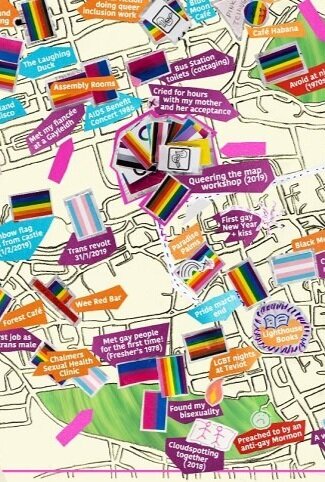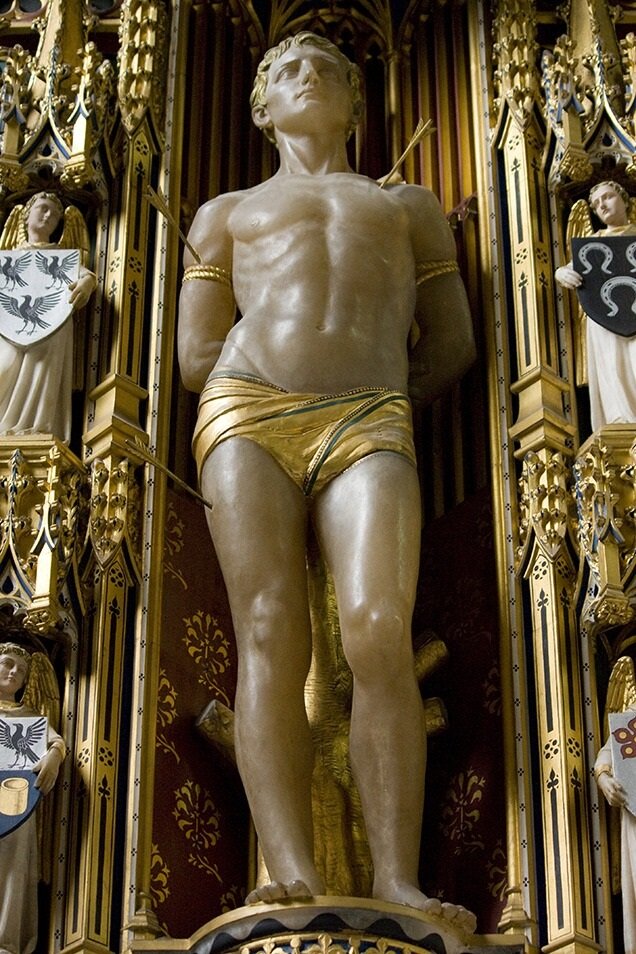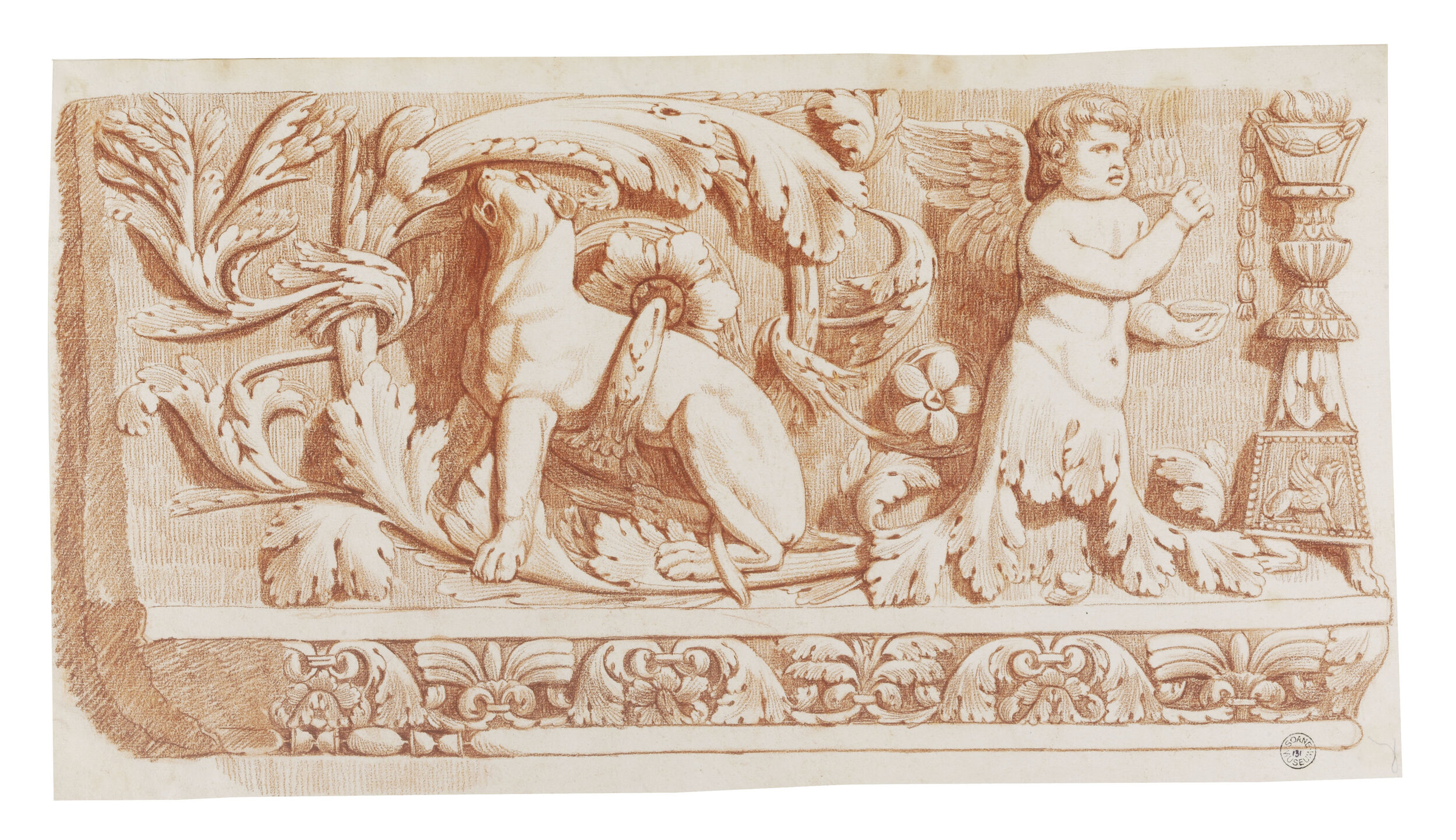Features

Remembering London’s Queer Nights: Freedom and Love in the Archives
For many of us, queer nightclubs have inspired freedom and individual expression. We come together to celebrate, mourn and forget in these havens of acceptance and equality. The decline of these night-time venues over the past decade has prompted much debate. While some iconic venues, such as the Royal Vauxhall Tavern, are currently surviving, many clubs have seen their limelights turning off over the past 20 years, including Bromptons, Dukes, The Joiner’s Arms and Turnmills (to name just a few).

A Cathedral for Coventry, A Hospital for Doha
Todd Reisz present his new book Showpiece City: How Architecture Made Dubai, where he explore the ways in which architecture orchestrated Dubai’s modernisation.

The Immersive Ammanuensis
Joy Evelyn Wilson will present her work ‘ The Immersive Ammanuensis’

The Crisis of Heritage in Beirut: Corruption, Capital and Reconstruction
Yasmina EL Chami writes about the Crisis of Heritage buildings in Beirut, after an enormous explosion at the port of Beirut shook a city of two million inhabitants on 4 August 2020.
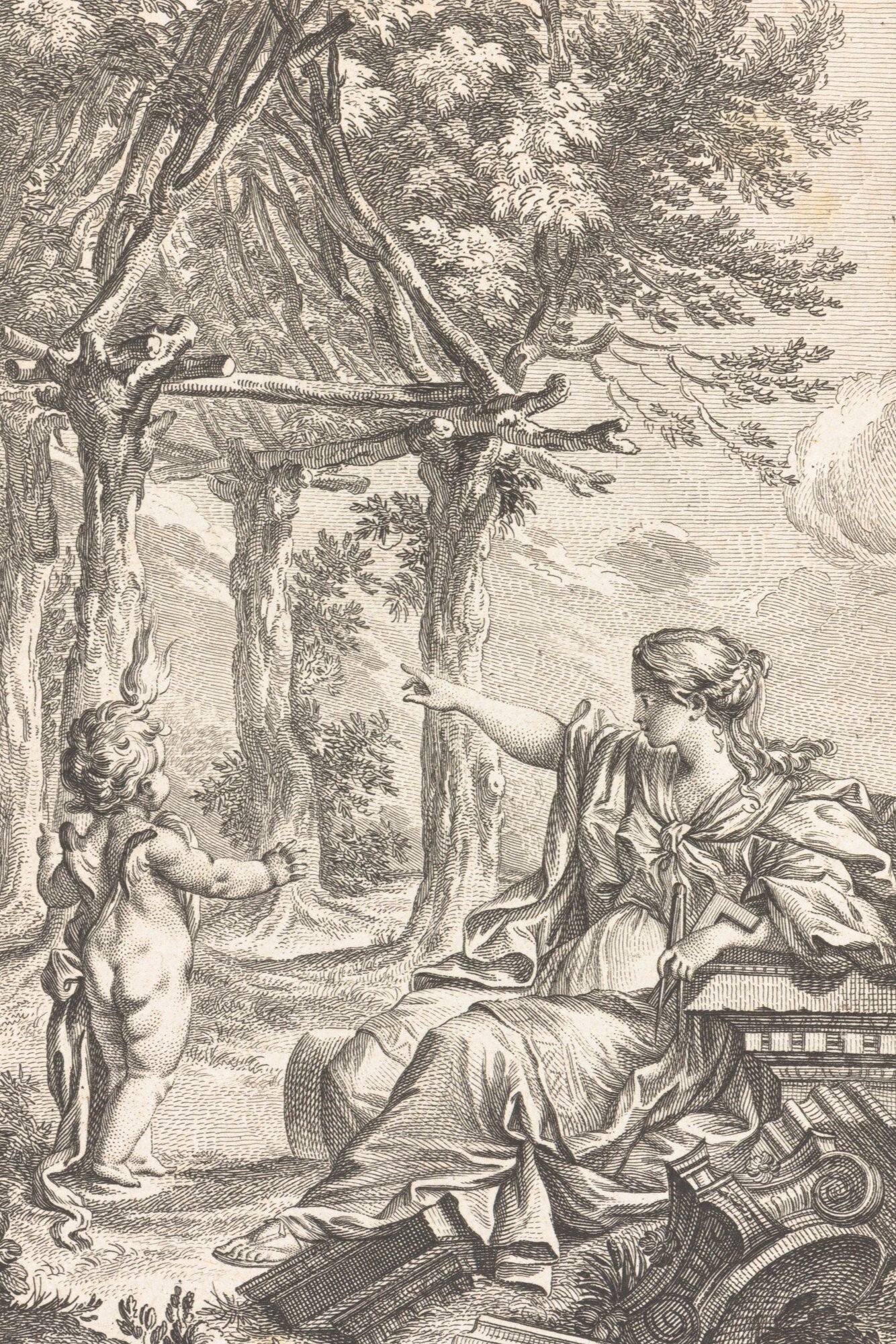
Queering the Essai sur l’Architecture: Laugier’s Politics of Exclusion
Christiane Matt will explore the politics of exclusion in this canonical text in a forthcoming SAHGB seminar. Here, she explains how she approached the application of queer theory to Laugier’s treatise.

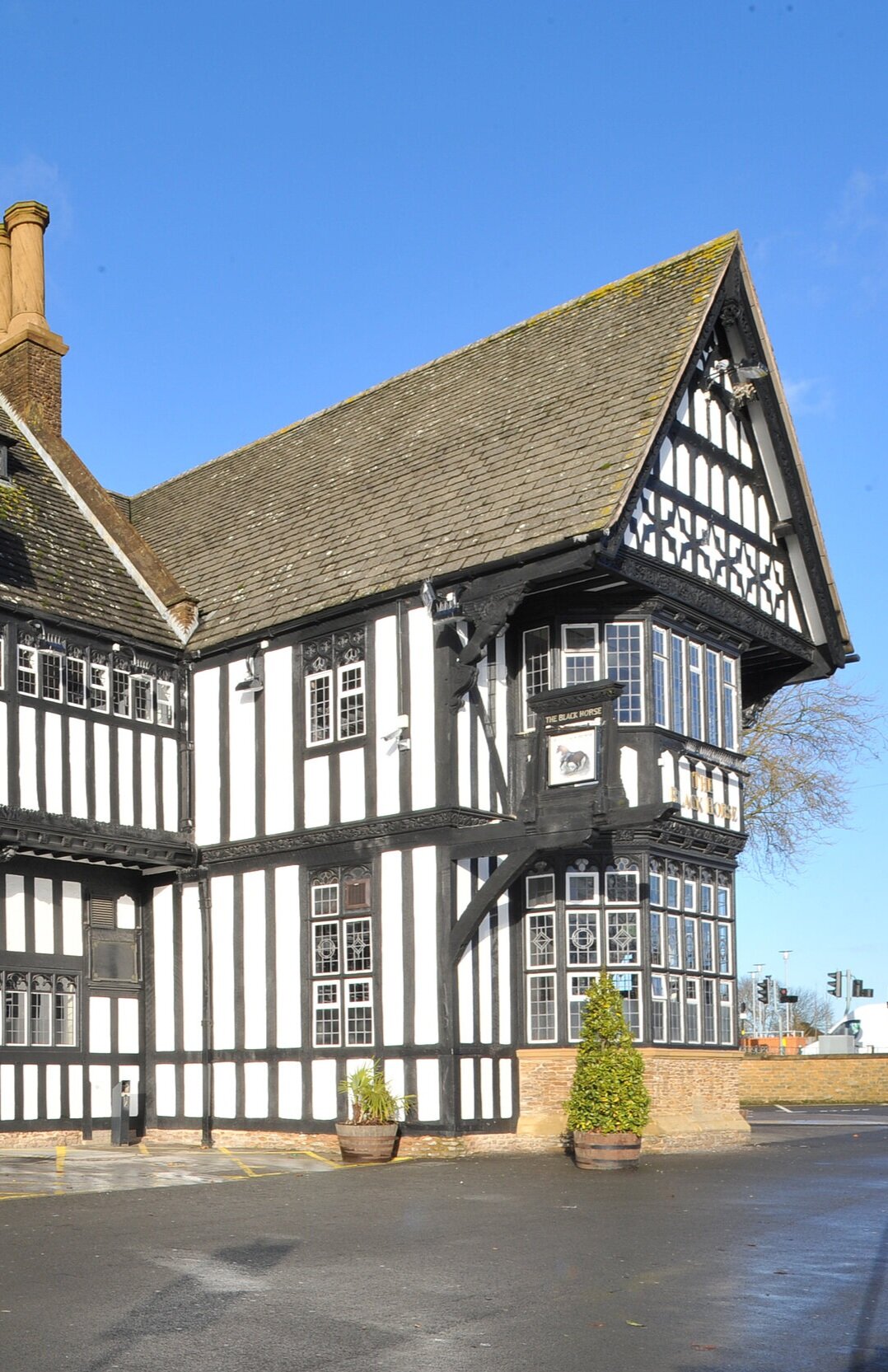

Edward Maufe: The Architect and His Clients
Renowned as the architect of Guildford Cathedral, Edward Maufe had a long, varied and successful career. Juliet Dunmur, author of a recent biography of Maufe, explores one vital component of that success – the formation of close relationships with clients.

Rainbow Plaques: Making Queer History Visible
Kit Heyam reflects on the Rainbow Plaques project, which commemorates the queer history of places by making the diversity and longevity of the queer experience in York clearly visible, and the impact of the plaques in the city and beyond.
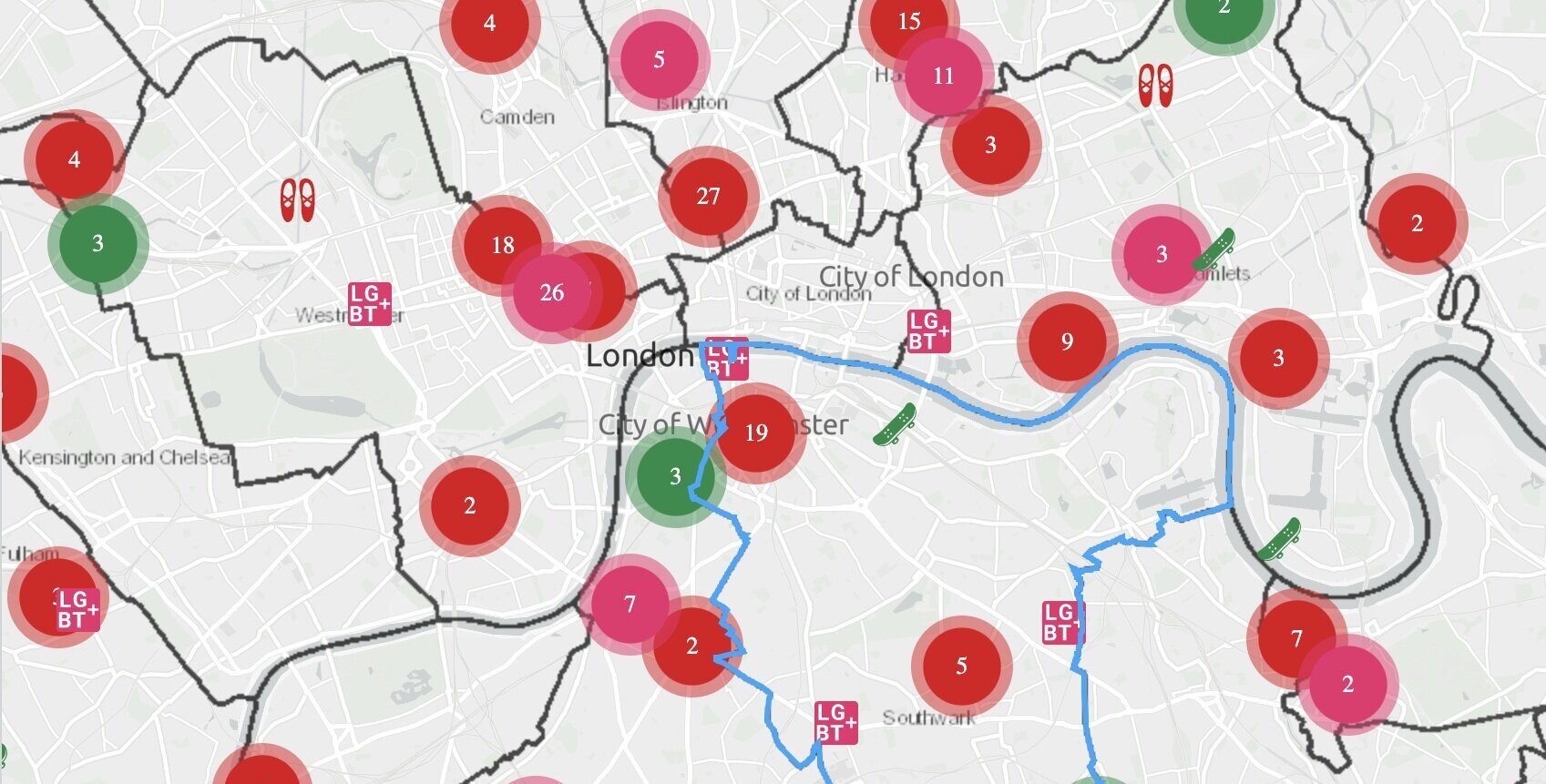
Queer Infrastructures and Architectural Histories
In the sixth of our pieces on queer heritage, Ben Campkin reflects on queer spaces in London and their relationship to architectural history.

The Carlisle Experiment, the Inter-war Pub, and Me
The development of the pre-war ‘Improved Public House’ (promoted by the Temperance Movement), as a model of respectability and moderation, was not simply a matter of reducing hours and consumption but of architecture as an engine of social reform.
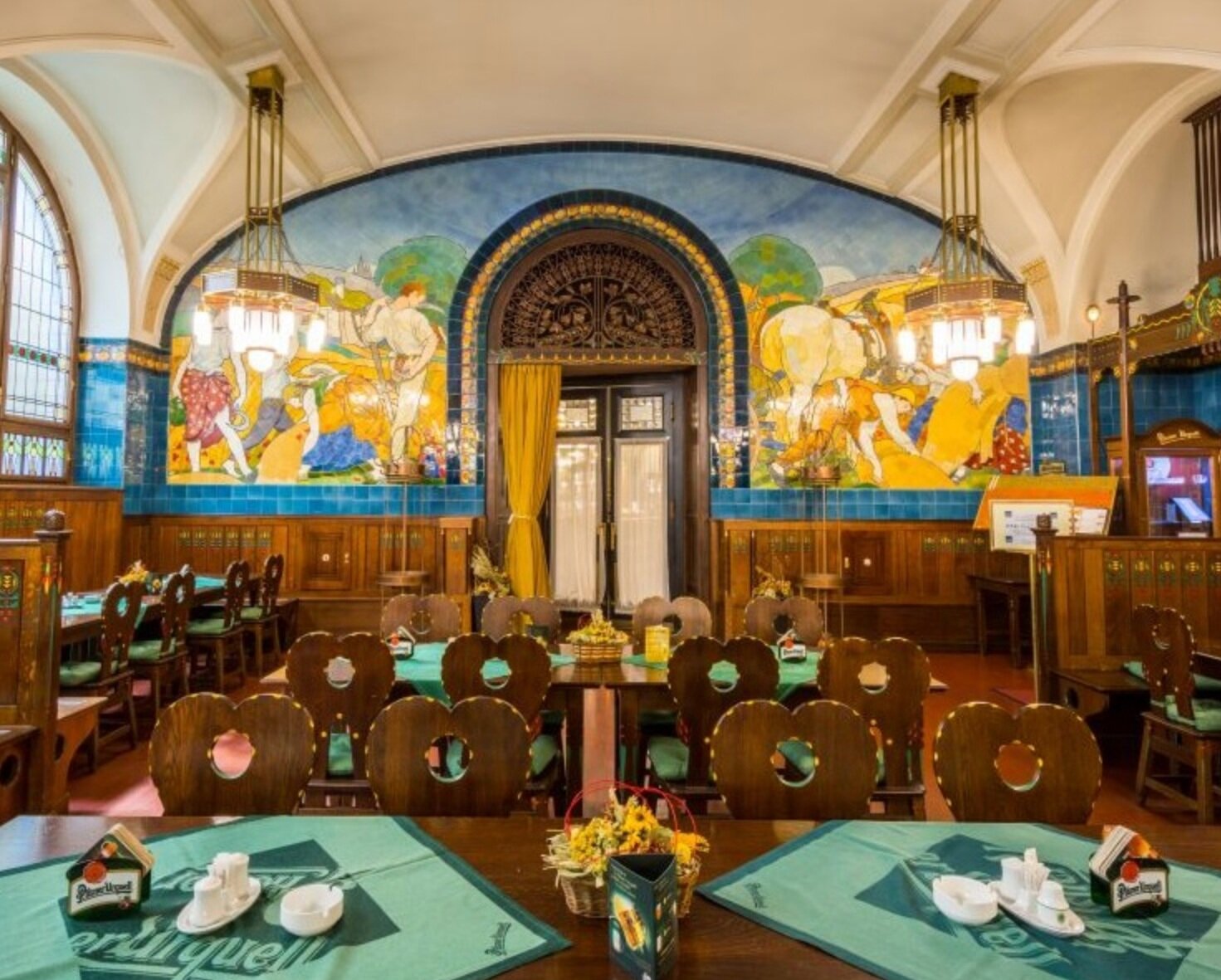
Beer and Loathing in Czech Drinking Culture
Beer and pubs are an integral part of the Czech national myth – but, as Peter Smisek reveals, their role has changed through the centuries. Seen at different times as sites of cultural revival or vulgar hedonism – as well as places of forgetting – they continue to expose the shifting fault lines in Czech society.

Art Deco in Peril: The Iron Duke, Great Yarmouth
The Iron Duke in Great Yarmouth, once flagship of Norfolk brewers Lacons, is perhaps the most complete art deco pub in the country in terms of both conception and preservation, but its survival is currently under threat, writes Caroline Jones of The Friends of the Iron Duke
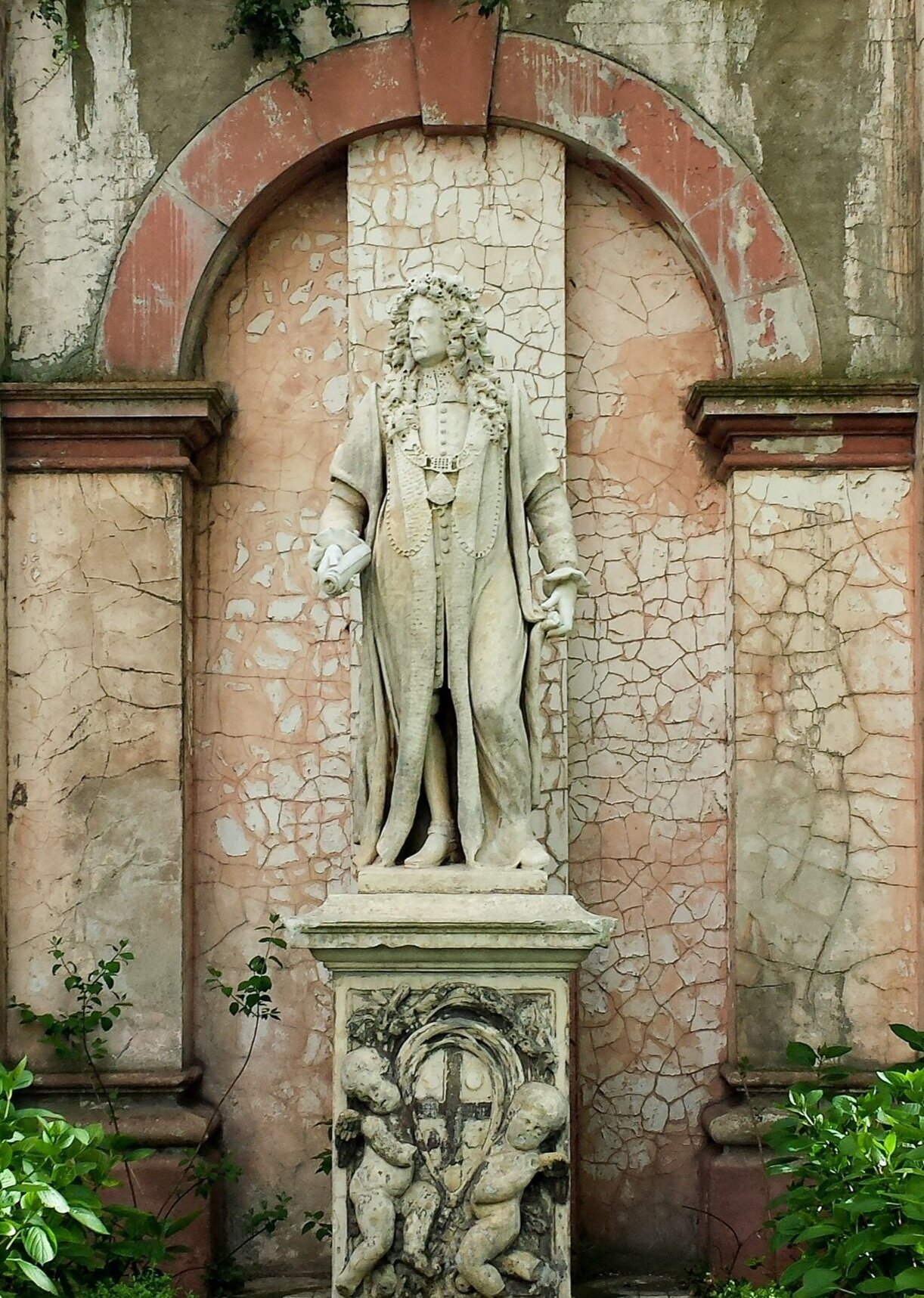

Celebrating the 20th-Century Public House
Emily Cole of Historic England looks at the rapid – and often radical – changes to both the architectural form and social role of the public house in England across the 20th century.

